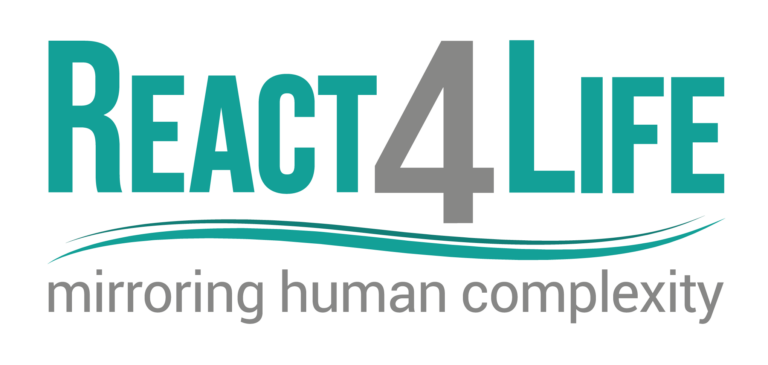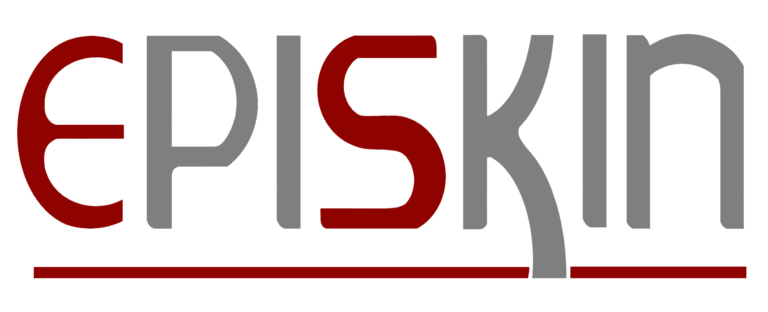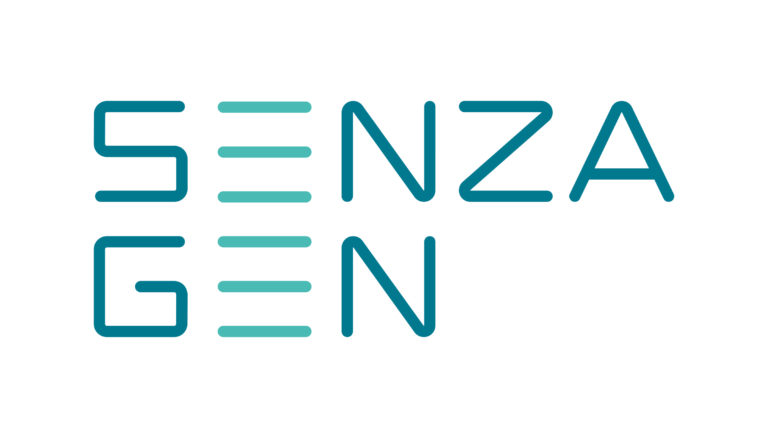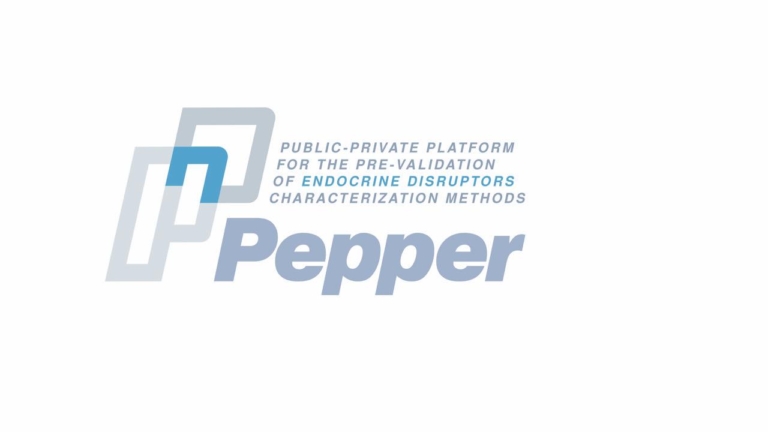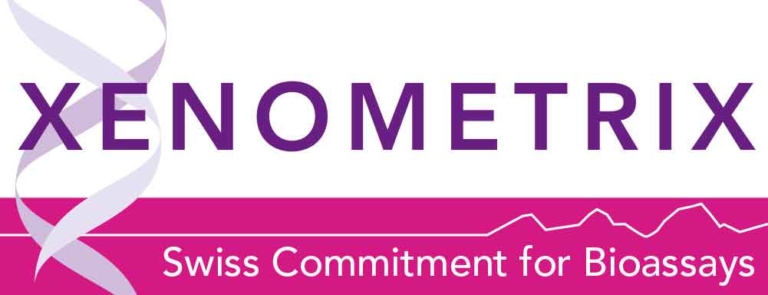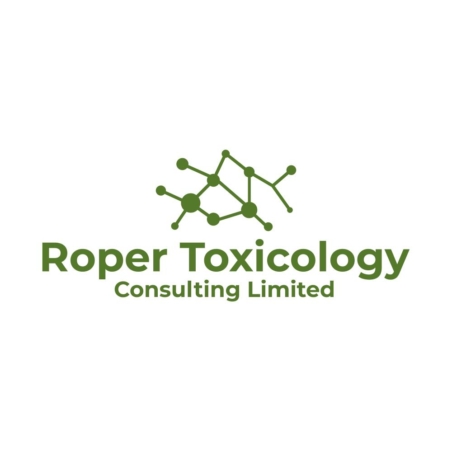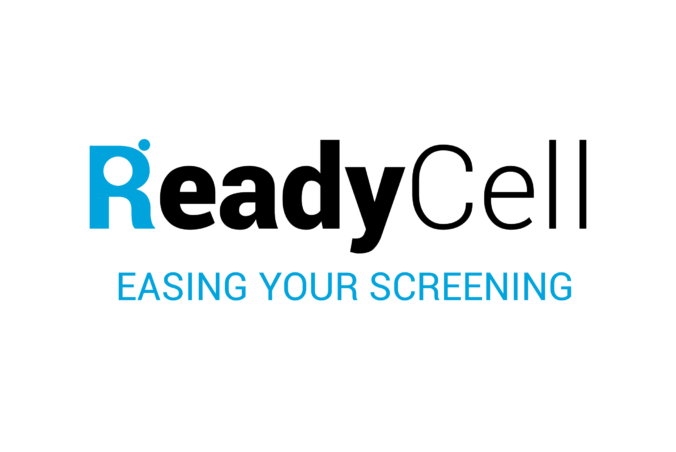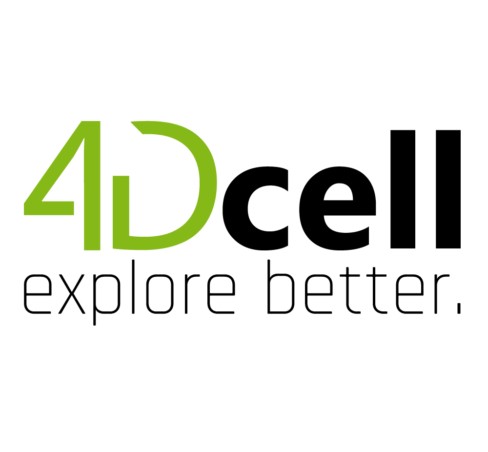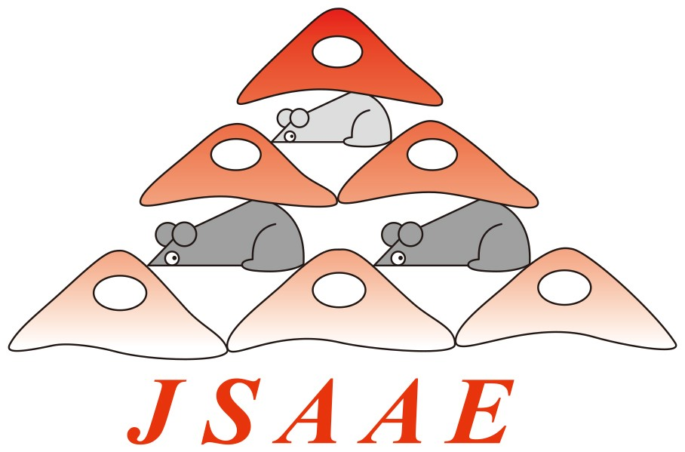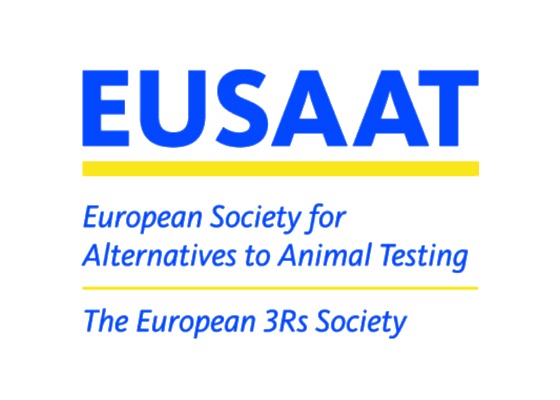
A collaborative learning experience to facilitate transition to animal-free innovation
The Dutch National Growth Fund (NGF) is investing EUR 125 million in a new centre for animal-free biomedical testing. Known as the Centre for Animal-Free Biomedical Translation (CPBT), its aim is to generate safer, more effective treatments while eliminating animal suffering. The Centre will focus on accelerating the development and dissemination of animal-free biomedical innovations and related expertise. This will offer economic and social benefits with improved medicines, ultimately, without animal testing. Within the CPBT new creative efforts will accelerate novel routes of validation and qualification of New Approach Methodologies (NAMs) and Microphysiological Systems (MPS) for chemical safety assessments, and we will implement the developed methods, tools, and expertise together with partner researchers and companies. Standardization, validation, qualification, and implementation of animal-free methods will be integral elements in this process.
The new centre will also offer education, training, advice, and support to enhance the acceptance and use of animal-free biomedical innovations.
Many players and stakeholders are involved in the implementation of animal-free innovation. During this session, we want to engage with them to answer three questions: 1) Where are we now in these transitions? 2) What is needed for life-long learning programs to facilitate the transition to animal-free innovation? 3) What can each of us offer to improve NAMs and MPS implementation?
Ultimately, we aim to understand the specific needs of stakeholders and to identify which educational, training and communication activities have priority, to create viable networks able to facilitate development and implementation of NAMs/MPS. We will work and reflect on concrete cases, with context of use, applying co-creation methods to design specific processes and needs for animal-free innovation.
Workshop schedule
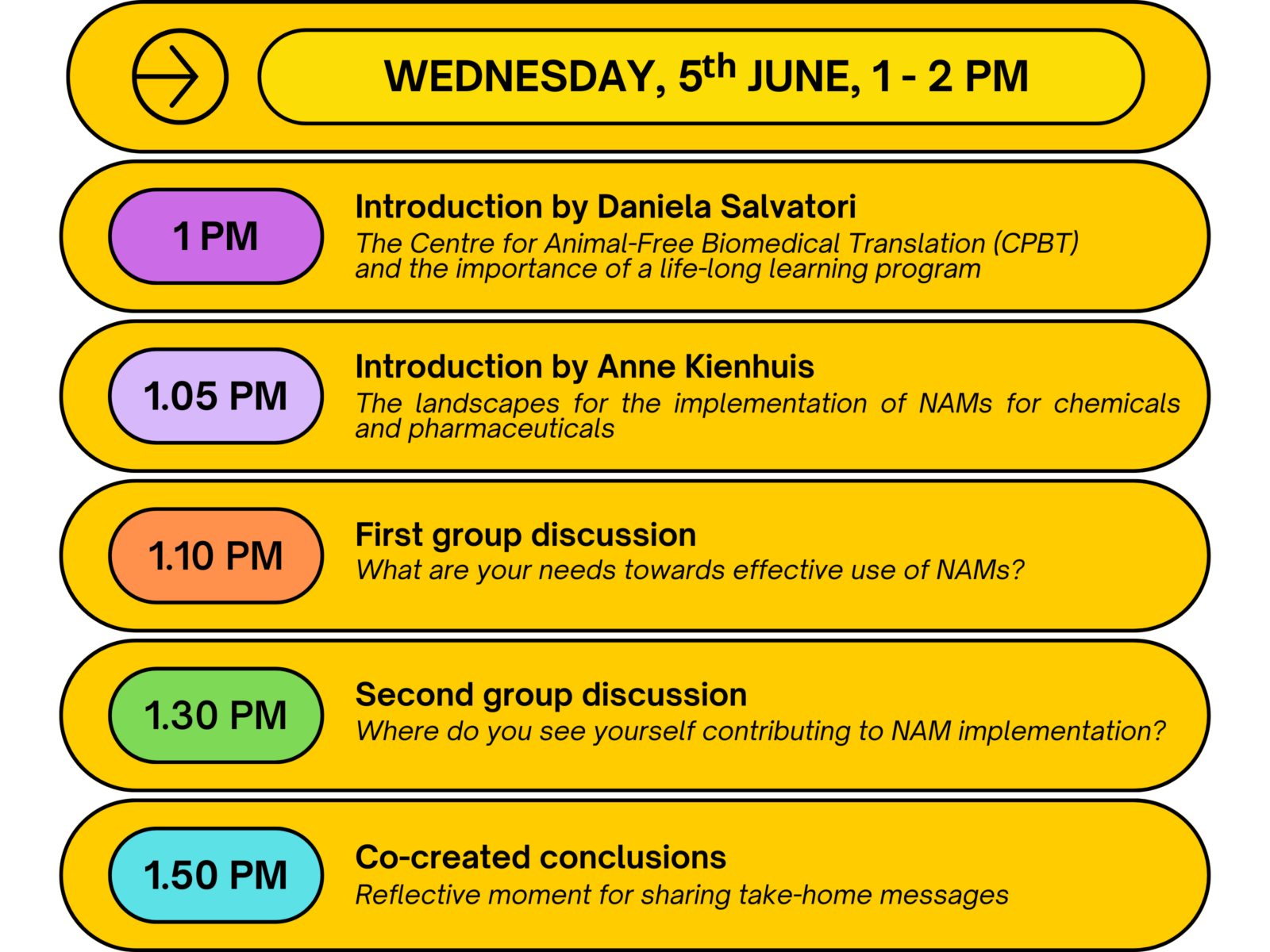
Workshop hosts

Daniela Salvatori works as Professor of Comparative Anatomy and Physiology at the Veterinary Faculty, in Utrecht, the Netherlands. She is a veterinarian and a European Certified Veterinary Pathologist. From 2019, she leads the Utrecht Transition Programme to Animal-free Innovations, an interdisciplinary group focused on innovation of research and education without use of laboratory animals.
Check out more on TPI Utrecht here: TPI LinkedIn & TPI Utrecht University
Why hosting the workshop? “Connecting the different stakeholder is key but how to do it? Which approach and tools should be used? What is needed and what can be shared? Looking forward to finding it out together.”

Anne Kienhuis is senior scientist at the National Institute for Public Health and the Environment (RIVM) and visiting researcher at Utrecht University. She coordinates research and provides policy advice to the Dutch Ministry on the implementation of NAMs in regulatory safety assessment. Anne is vice coordinator Science of the Virtual Human Platform for Safety Assessment (VHP4Safety), a NWO funded research project with the aim to accelerate the transition to animal-free innovations in regulatory safety assessment of chemicals and pharmaceuticals.
Why hosting the workshop?
“By connecting multiple disciplines and sectors involved in the subsequent steps from NAM development towards their acceptance and effective use, thereby identifying and addressing each other’s needs, we can make a difference in accelerating the transition to NAM-based safety assessment.”

Paul Carmichael is a Senior Toxicologist and has worked in the Safety & Environmental Assurance Centre (SEAC) of Unilever in the UK since 2004, where he is responsible for the development and implementation of novel non-animal-based approaches for assuring human and environmental health. He has over thirty years’ experience in toxicology and cancer research, largely in the academic arena, and prior to Unilever, he was a Senior Lecturer at Imperial College London in the Faculty of Medicine. He has been an Endowed Professor at Wageningen University, Division of Toxicology in the Netherlands, since March 2020.
Why hosting the workshop?
“There is presently a great energy and thirst for change – we need to keep bringing all stakeholders together for fresh thinking and new solutions to old problems”

Adele Selma Ferrario is a research assistant at Utrecht University, the Netherlands, with a background in Toxicology and Environmental Health. Her journey towards animal-free innovation began with working on in silico tools to replace animal testing, where she focused her academic research projects. During her studies, she soon realised the need to bridge the gap between science and society, advocating for animal-free innovation and sustainable transitions. This is where her call now stands.
Why hosting the workshop?
“I am eager to hear from professionals what is needed to address animal-free innovation through communicative and educational programs, to build together transparency and trust within a transition that cannot wait further.”
This workshop is free for all participants registered to the ESTIV congress.
If you are willing to provide us with more details to help us customize the workshop, feel free to register using the QR code.
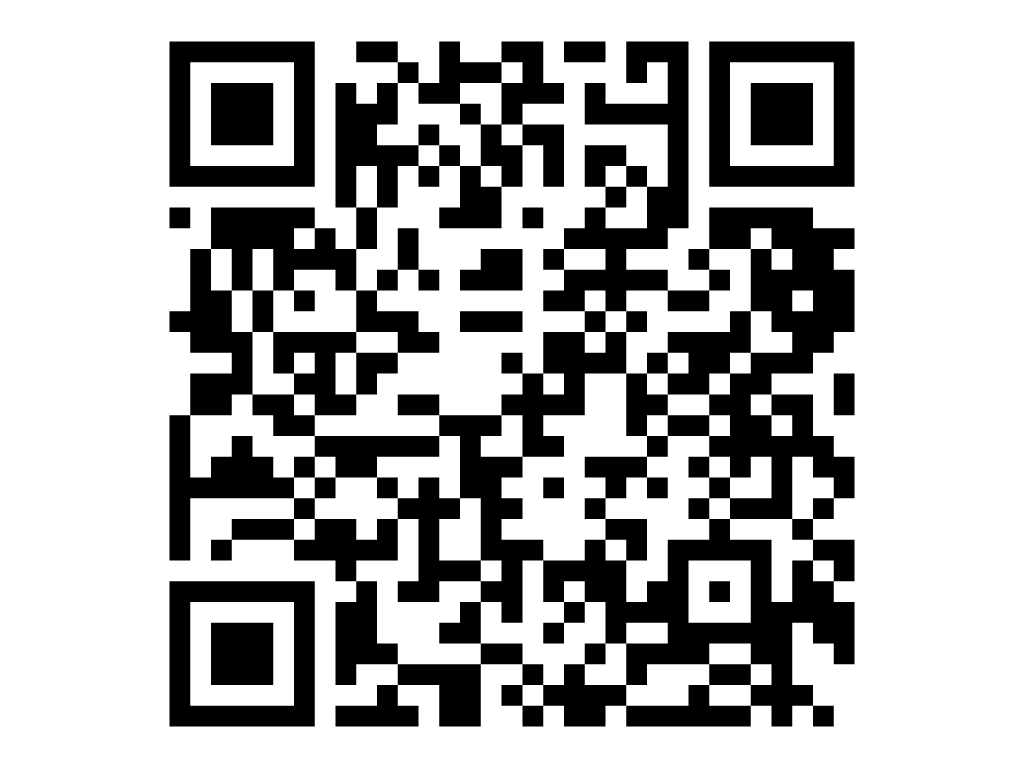
 The ESTIV Members Area
The ESTIV Members Area